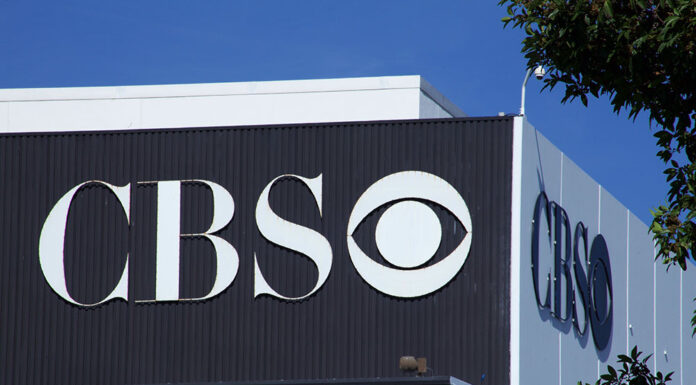On CBS’s “Face the Nation” on Sunday, January 26, 2025, Vice President JD Vance defended President Trump’s decision to halt a refugee program that left hundreds of Afghan refugees unable to reach the United States. This decision has caused confusion and concern among lawmakers and humanitarian organizations.
The program’s suspension, initially scheduled to start on Monday, has disrupted the travel plans of refugees who had already been approved for entry into the country. According to Associated Press reports, the suspension affects over 1,600 Afghan nationals who had assisted U.S. forces during the war in Afghanistan.
Vance rejected his previous stance supporting vetted military-assisting refugees, citing concerns about inadequate vetting procedures. He argued against admitting “thousands of unvetted people” during an interview with Margaret Brennan.
The conflict between Catholic bishops and the Trump administration intensified after Vance criticized their refugee work. The USCCB defended their federal partnership in refugee vetting, while Bishop Seitz condemned the administration’s enforcement approach and advocated bipartisan reform. It highlighted the deepening divide between Catholic leadership and government immigration policies.
An Afghan national, Nasir Ahmad Tawhedi, was arrested in Oklahoma City for allegedly plotting a terrorist attack planned for Election Day. He was charged with supporting ISIS and acquiring weapons for terrorism.
Investigators discovered he had reportedly prepared by liquidating assets, relocating family members, and purchasing AK-47s and ammunition. The case was investigated jointly by the FBI’s Oklahoma City office and local police departments.
Oklahoma state officials, including the Attorney General and the superintendent of the State Department of Education, have linked Tawhedi’s presence in the country to the Biden Administration’s refugee resettlement program. However, the Executive Director of the Archdiocese of Oklahoma City Catholic Charities, Col. Patrick Raglow, disputed these claims, stating that Tawhedi had not entered through their refugee resettlement program.
During the interview, Vance openly expressed his opposition to allowing inadequately vetted individuals into American communities, saying that he wouldn’t want such individuals to live in the same neighborhood as his children or impose that risk on other American families.
When Brennan asked if Nasir Ahmad Tawhedi, the Afghan national accused of planning a terrorist attack, had been radicalized before or after his arrival in the United States, Vance dismissed the difference as irrelevant. He emphasized that his main concern was preventing people like Tawhedi from entering the country and stated that he believed most Americans shared his view.
The U.S. Conference of Catholic Bishops quickly reacted to Vance’s comments. They defended their refugee resettlement work and highlighted their longstanding partnership with federal agencies in vetting. Bishop Mark Seitz of the USCCB’s Committee on Migration specifically criticized the new administration’s “enforcement-only policies” and called for bipartisan immigration reform. This exchange showed the growing tensions between the Trump administration and the Catholic Church regarding immigration enforcement and refugee resettlement policies.
The interview also touched on economic issues, with Brennan questioning Vance’s ability to explain how the administration’s executive actions would affect everyday costs. When pressed for specifics, Vance mentioned broader economic strategies like job creation and capital investment, but he admitted that tangible effects on prices would take time. However, Brennan emphasized the administration’s campaign promise to reduce grocery costs, noting that most of Trump’s recent executive orders were unrelated to the economy.
Experts have consistently warned against deflationary policies, stating that significant price drops can destabilize economies, as seen during the Great Depression. Jerome Powell, the Federal Reserve Chair, has repeatedly emphasized the importance of maintaining steady inflation, with the agency aiming for an annual rate of around 2%. While Vance defended the administration’s approach as forward-looking, Brennan’s pointed questions left it unclear how and when Americans might see relief at the grocery store.







